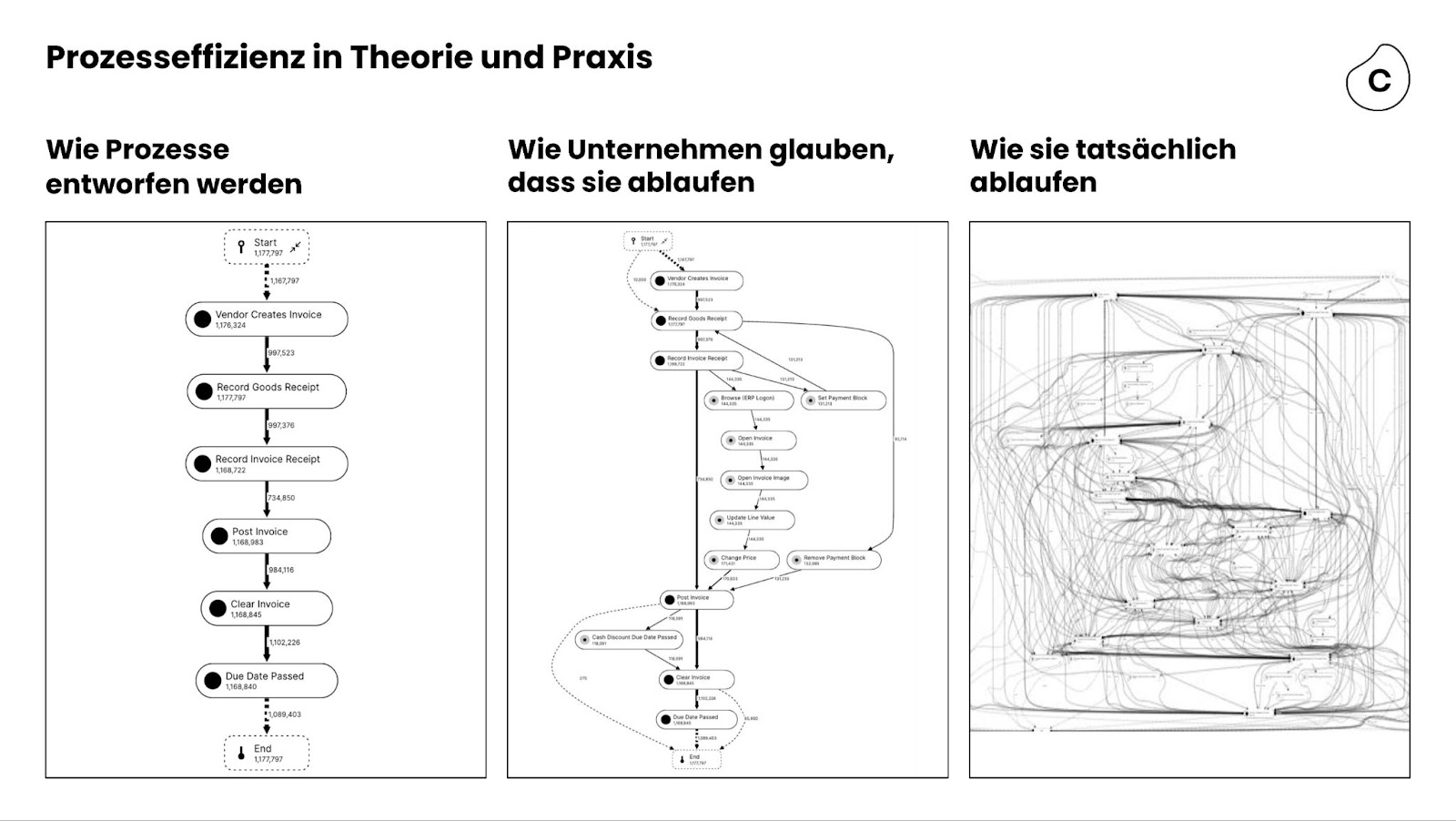Climate compensation vs climate contribution: what's the difference?

From climate neutrality to climate contribution - a trend that is catching on with more and more companies. But why is that? And what is the difference? In a joint article with Celonis , we explain the advantages of a climate contribution and what needs to be considered when supporting climate protection projects.
Offsetting, climate compensation, climate neutrality - and the criticism of it
Last year, the number of negative headlines in the voluntary certificate market increased. Criticism was frequently voiced that certificates were worthless due to dubious methods and calculation bases. There was a great deal of uncertainty in the market - especially among companies that had purchased and retired carbon offset projects as part of their offsetting strategy. Companies with the aim of becoming climate-neutral buyCO2 certificates from climate protection projects in order to offset their footprint and thus become "CO2-neutral". Of course, companies are not "carbon neutral" in the literal sense, which can have a deceptive effect on consumers. In addition, simply offsetting emissions without implementing effective reduction measures has increasingly made the headlines in this context. Why? Because pure offsetting - without effective reduction - is not enough to achieve the 1.5 degree target of the Paris Agreement.

"In response to the controversies surrounding the effectiveness of climate protection projects, we are observing a sensitization in the market for higher quality standards and transparency from project developers and marketplaces in voluntary certificate trading. At the same time, we see a great need on the buyer and company side to communicate these investments clearly and in line with global climate targets. Innovative approaches to global climate protection and the development of carbon removal capacities are now more urgent than ever. This is why we have developed our climate contribution strategy." - Sophia Wieland, Sustainability & Climate Change Lead, Celonis
The climate contribution as an effective alternative to climate compensation
The"climate contribution" claim (or "contribution claim") refers to the active support of projects that have a positive impact on the climate, regardless of whether this is directly related to the company's own emissions. This can be done by investing in climate protection projects that offer additional environmental and social benefits. In contrast to the neutrality claim, the climate contribution does not focus on the company's own neutral position, but rather on its contribution to overarching climate protection goals. The advantage of this approach is that it is received more positively in the market and reputational damage can be avoided(Carbon Market Watch, 2024). In combination with effective reduction measures, global efforts to achieve the climate protection targets set can also be accelerated.
A climate contribution is therefore also an effective way of increasing one's own impact on the way to the net zero target in parallel with reduction measures. The "Net Zero" claim demands that companies and organizations not only offset their emissions, but also make significant reductions in their absolute emissions. This means that all possible measures are taken to avoid and reduce emissions before any remaining emissions are offset with removal certificates. The Science Based Targets Initiative (SBT) is leading the way here, providing clear guidelines and targets for companies to meet this requirement.
Customer Success Story: The Climate Action Plan from Celonis
Celonis has been pursuing a net-zero climate strategy since 2022. To this end, Celonis has decided to set SBTs and work towards a clear net-zero target. In addition to reduction measures, climate projects are to be supported across the value chain. What does this mean in detail?

Celonis will reduce a large part of its own emissions in the coming years by reducing its company fleet and supplying its offices with electricity from renewable energy sources. In addition, Celonis is pursuing the decarbonization of its own value chain, for example through the implementation of sustainable procurement, IT decarbonization measures and the stronger integration of sustainability aspects into the travel policy in order to reduce emissions from business trips.
For the unavoidable remainder of the emissions, Celonis supports climate projects every year. In 2023, Celonis further developed this approach into a climate contribution strategy based on carbon removal climate protection projects. Celonis pays attention to reliable quality criteria: Additionality, a robust calculation method and validation, permanence, carbon leakage projects and positive side effects (co-benefits). Last but not least, it was equally important to Celonis that the project developers pursue an innovative technology- and data-based approach and have a regional connection to the company locations.
"As a market leader in the field of process intelligence, the development of data-driven, innovative solutions is firmly anchored in our company's DNA. We want to promote climate projects that share this mindset and thus build trust in their climate protection measures. In our Climate Contribution Portfolio, we make sure that projects achieve a sustainable, measurable and climate-relevant impact for the respective region and use proven methods." - Sophia Wieland, Sustainability & Climate Change Lead, Celonis
For 2023, Celonis is investing in a portfolio of climate protection projects from agriculture and forestry in the USA and Germany. From Pina Earth, Celonis is investing in the "Luckaitztal" and "Lindorf" projects. In these projects, monoculture forests are being converted into biodiverse and climate-resilient mixed forests. All project information and updates can be followed on the Pina Earth forest dashboard.

"Pina Earth enables us to achieve a high level of transparency on the effectiveness of the projects through the creation of digital twins and climate simulations, which we can view in visual dashboards. In addition, we appreciate the cooperation with Pina's competent and intrinsically motivated team and the willingness for joint initiatives." - Sophia Wieland, Sustainability & Climate Change Lead, Celonis
This example shows that climate communication can be approached holistically. In addition to external communication, Celonis attaches particular importance to informing employees about its sustainability strategy. After a successful webinar with our founder and CEO Dr. Gesa Biermann, who presented Pina Earth's forest conversion projects to Celonis employees, we look forward to continuing our collaboration!
About Celonis:
Celonis makes processes work for people, businesses and the planet. The Celonis Process Intelligence Platform combines industry-leading process mining and AI technologies with business context to provide customers with a digital twin of their business processes. The platform is system agnostic, objective and provides a common language for all stakeholders to better understand and optimize business processes. Celonis enables customers to continuously improve revenue growth, cost reduction and sustainability. Celonis is headquartered in Munich and New York City and has more than 20 additional locations worldwide.

